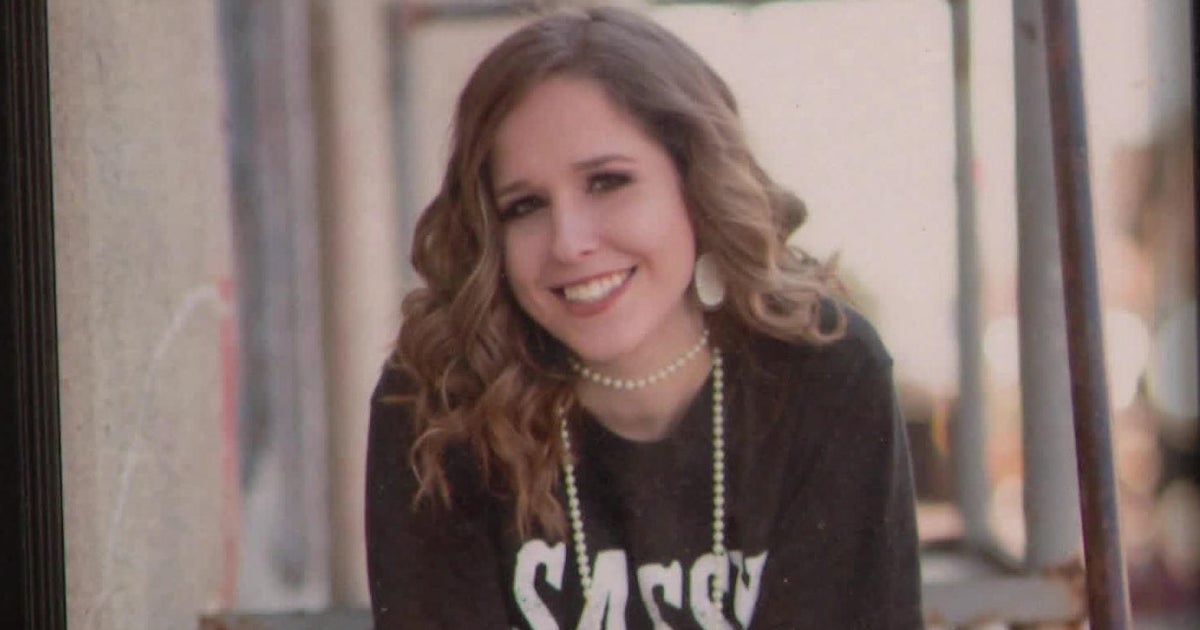20 New Cases, 1 Death In Dallas County: 'Things Will Get Worse Before Getting Better'
DALLAS (CBSDFW.COM) - A 60-year-old Richardson, Texas man found dead in his home ups the number of Texans who have died from 2019 novel coronavirus to four.
He is the first person in Dallas to die from COVID-19.
The medical examiner said he didn't have high-risk chronic health conditions.
"Things will get worse before they get better. How bad this gets is directly tied to how well each of you follow the CDC guidelines and exercise smart personal responsibility," said Dallas County Judge Clay Jenkins. "Please also remember to check in on your family, friends and neighbors, especially those who are elderly."
In addition to the man's death, Dallas County Health and Human Services (DCHHS) has reported 20 additional positive cases of coronavirus in Dallas County. This brings the total case count in Dallas County to 55.
· The remaining new cases include: six men and two women in their 30's, two men and two women in their 50's, two men and three women in their 60's, one woman in her 70's and one woman in her 90's
· Three persons were hospitalized, including one in a critical care unit; 16 are self-isolating at residences.
· Twelve cases are residents of the city of Dallas, 3 are residents of Garland, 2 are residents of Mesquite, 1 is a resident of Cedar Hill, and 1 is a resident of Farmers Branch.
· Five cases are related to domestic out-of-state travel and 2 are related to international travel
· Three patients are close contacts of a confirmed COVID-19 case.
· Six have no source or travel risk factor yet identified, and are therefore indicative of community transmission. Four other cases are still under investigation.
Latest Coronavirus News | Coronavirus Resources
The Centers for Disease Control and Prevention (CDC) recommends taking everyday preventive actions to help prevent the spread of respiratory diseases, including:
· Stay home when you are sick, except to seek medical care
· Wash your hands with soap and water for at least 20 seconds and help young children to do the same. If soap and water are not available, use an alcohol-base hand sanitizer with at least 60% alcohol.
· Avoid touching your eyes, nose, and mouth with unwashed hands.
· Avoid close contact with people who are sick.
· Clean and disinfect frequently touched objects and surfaces using a regular household cleaning spray or wipes.
· Cover your cough or sneeze with a tissue, then throw the tissue in the trash. If you do not have a tissue, use your sleeve, not your hands.



